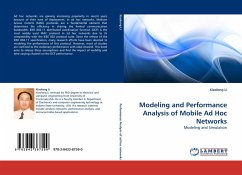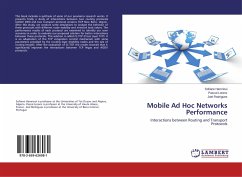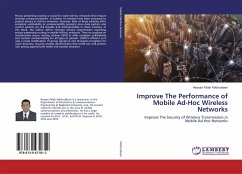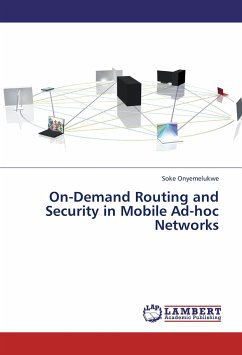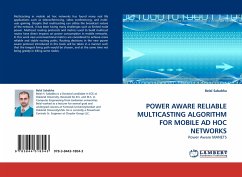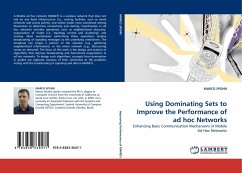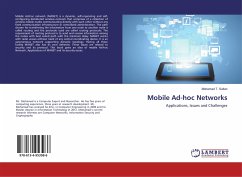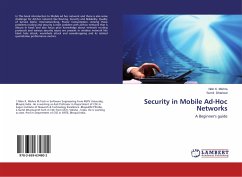Ad hoc networks are gaining increasing popularity in recent years because of their ease of deployment. In ad hoc networks, Medium Access Control (MAC) protocols are a fundamental element that determines the efficiency in sharing the limited communication bandwidth. IEEE 802.11 distributed coordination function (DCF) is the most widely used MAC protocol in ad hoc networks due to its compatibility with the IEEE 802 protocol suite. Since the release of the IEEE 802.11 specification, many research efforts have been devoted to modeling the performance of this protocol. However, most of studies are confined to the stationary performance with ideal channel. This book aims to release these assumptions and find the impact of mobility and time varying channel on the DCF performance.
Bitte wählen Sie Ihr Anliegen aus.
Rechnungen
Retourenschein anfordern
Bestellstatus
Storno

